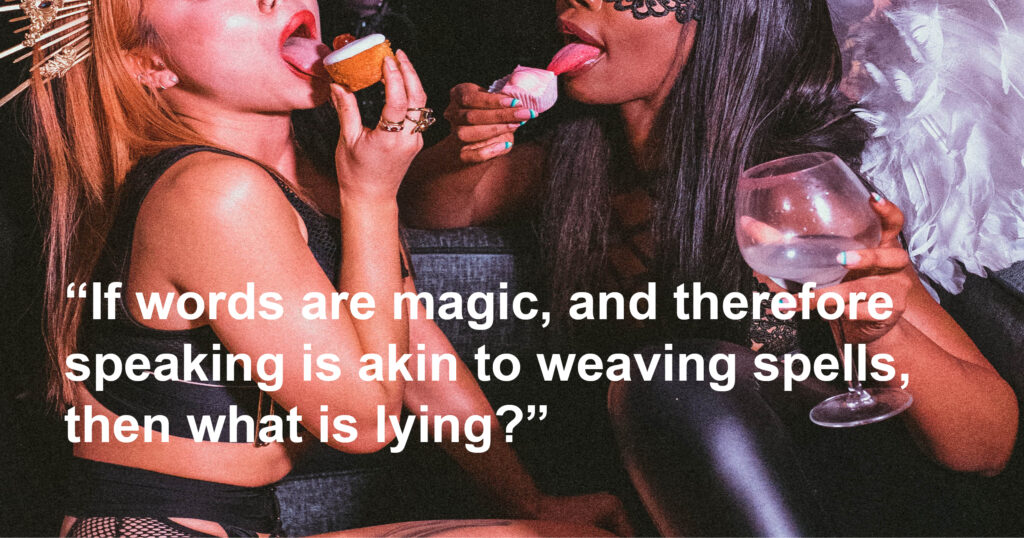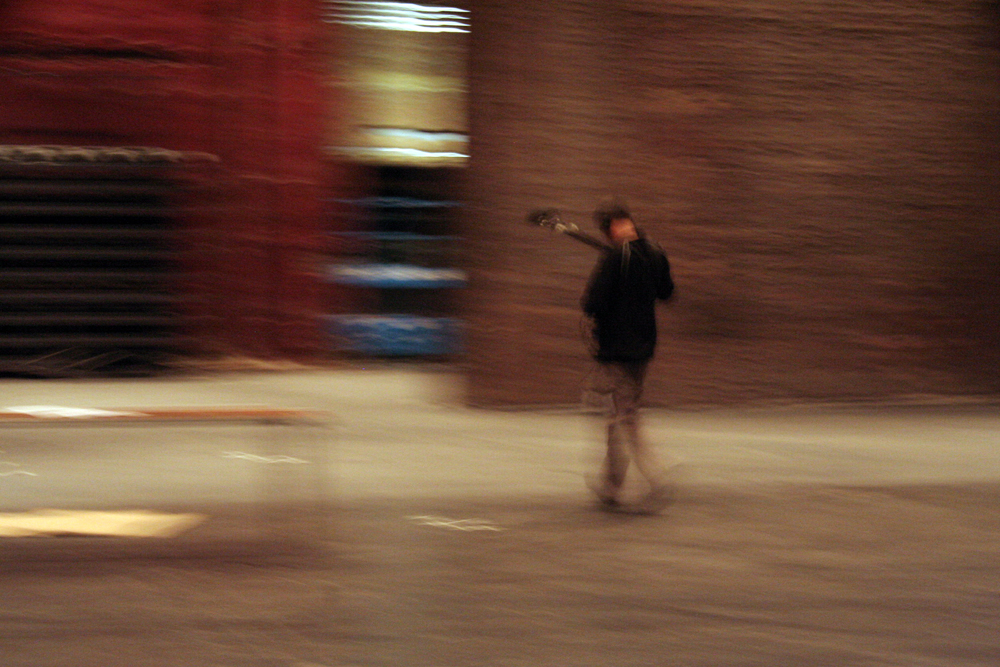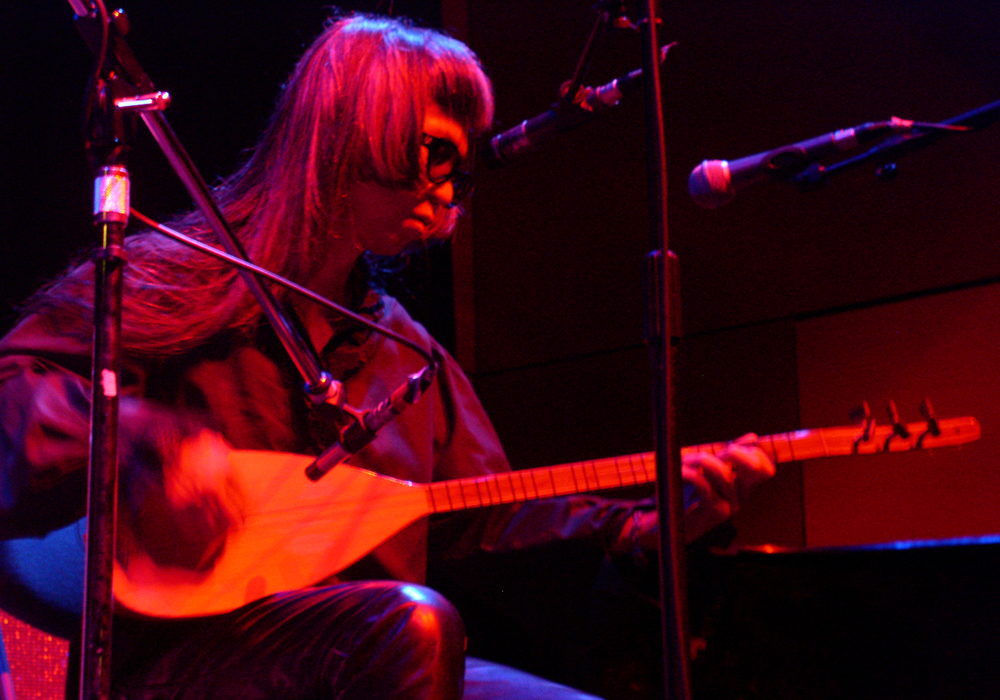
Book Launch: Truth and Lies (London)
Marin Scarlett Lib Lobberson ZuZu Gabrielli Maedb Joy Black Venus Chao-Ying Betty Rao
An evening extravaganza celebrating the London launch of Truth & Lies: an Anthology of Writing and Art by Sex Workers
Expect slutty DJs, playful performances, stripper poles, rococo cakes, union broads and intimate readings…











